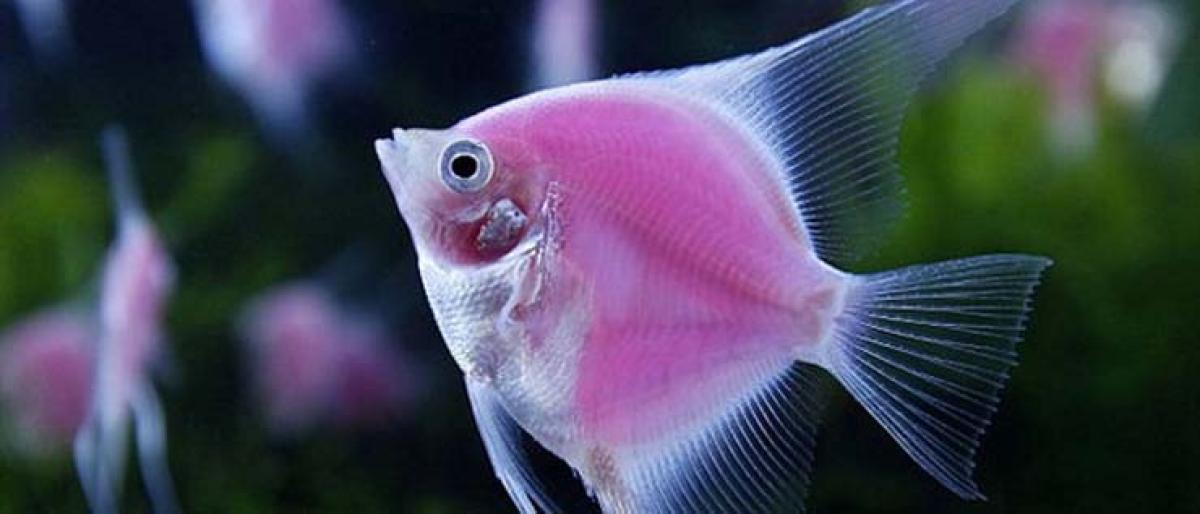Live
- Revanth calls for 10-day festivities from Dec 1
- ‘Storytelling’- a platform to share pain, inspire people
- Our govt will extented all help to young entrepreneurs: Ponnam
- 1,200 participate in Sahasra Galarchana at Tirumala
- IT Minister reassures govt support to start-ups
- Naidu, Pawan say it is Maha display of ‘people’s trust in PM’
- It’s only industrial corridor, not a Pharma City, CM clarifies
- Sathya Sai’s teachings of love worthy of emulation, says Guv
- Sowing the seeds of democracy
- Sudanese army recaptures capital of Sinnar State in central Sudan





.jpg)




